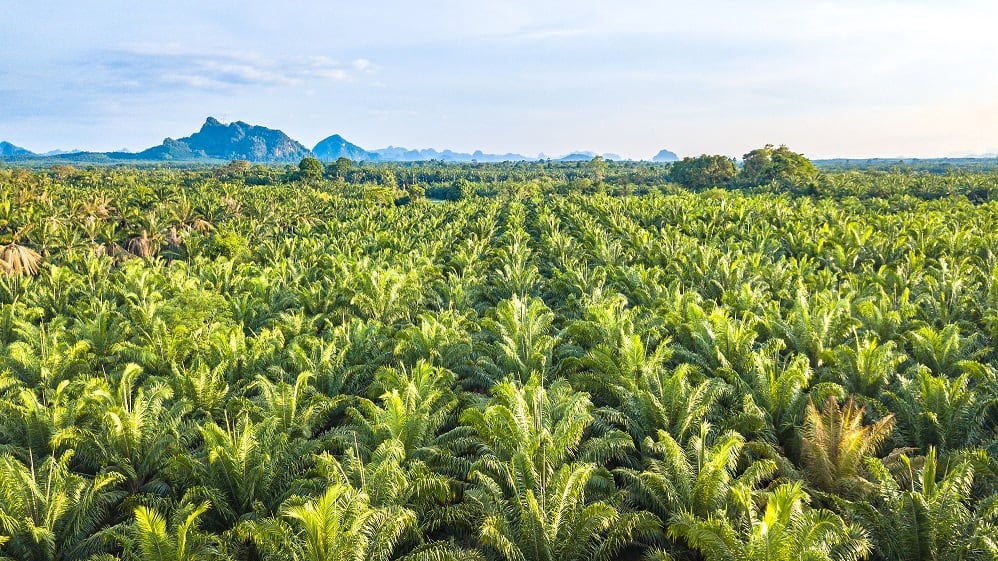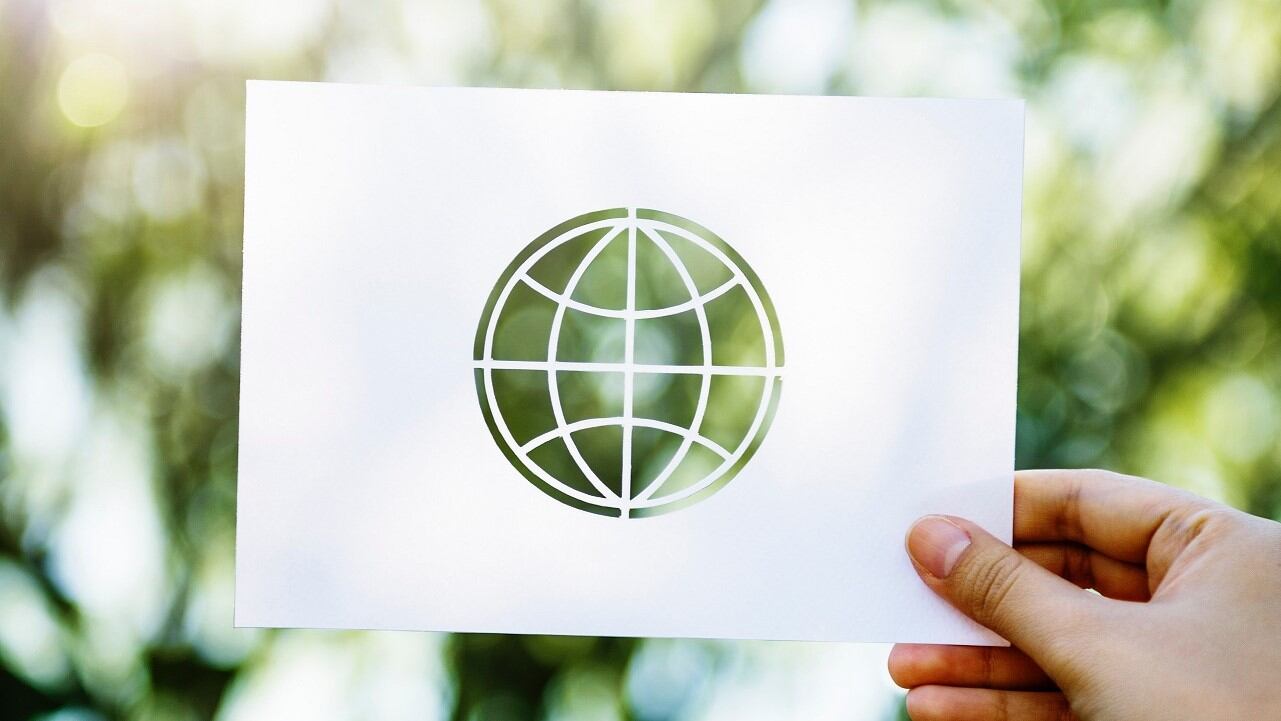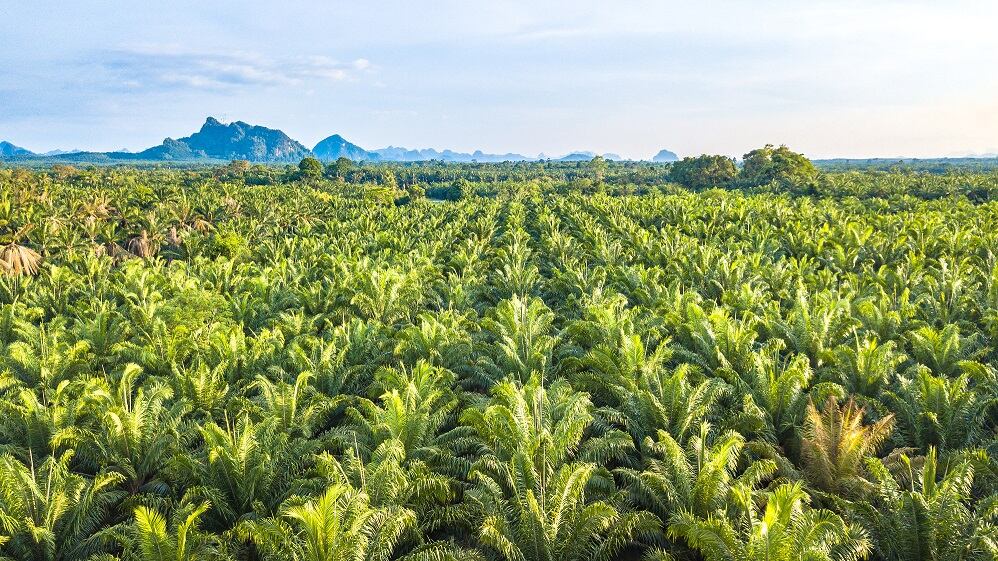Mydin, which has over 250 outlets across Malaysia, has pledged to ban such products from its shelves, arguing that they damage the reputation of the controversial crop, which has suffered repetitional setbacks especially in Europe.
Malaysia is the second biggest oil palm grower, and with neighbouring Indonesia accounts for around 85% of the world’s production. Malaysia produced over 19.5m tonnes of crude palm oil from a planted area of 5.8m hectares in 2018.
The country’s total export of palm oil and palm-based products was 25.2 million tonnes, generating export earnings of MYR67.5bn (US$16bn).
Roughly half of all food and consumer products on Malaysian supermarket shelves contain palm oil, including lipsticks, shampoos and soaps.
Oil palm growers on the island of Borneo, which Malaysia shares with Indonesia, have been criticised for clearing virgin jungle to make way for vast plantations, leading to pressure on brands to use different edible oils, and on supermarkets to stock alternatives.
Last December, French lawmakers voted to remove palm oil from the country's biofuel scheme from next January.
In response, Mahathir Mohamad, Malaysia’ prime minister, wrote to President Macron to defend palm oil by warning him that any ban would force him to suspend free-trade talks with the European Union and impose similar sanctions to French imports.
Nutella Tax
This follows the so-called ‘Nutella Tax’ of 2012 which ramped up the customs levy on palm oil to 300 euros per ton, a threefold increase, but was then slashed it in 2016, after pressure from Malaysia and Indonesia, which feared the idea of the tax would spread to other European countries.
Memories of these moves are still fresh in Malaysia, where palm oil is beloved of its population for the economic gains it brings the country. Ill-feeling is exacerbated by the decision of a number of French and European brands to prominently display “palm oil free” on their packaging.
"We must support palm oil,” said Ameer Ali Mydin, managing director of Mydin Mohamed Holdings, the supermarket’s parent.
“It is negative marketing. We should not allow anyone to do this in our country,” he said.
Last month, Indonesian government officials also told retailers in Jakarta to remove food with “palm oil free” labels from their stores.
The move was taken by the Drug and Food Control Agency, which said the labelling does not meet its criteria.
Teresa Kok, Malaysia’s minister of primary industries, agreed with Mydin’s decision and urged other supermarket chains in Malaysia to do the same.
Kok said preparations for a proposal to ban products with anti-palm oil labels are underway by the domestic trade and consumer affairs ministry.
“Supermarket products with anti-palm oil label is not a new affair and when it happens, the ministries and palm oil agencies will approach the sundry shops and supermarkets to remove the products.”




